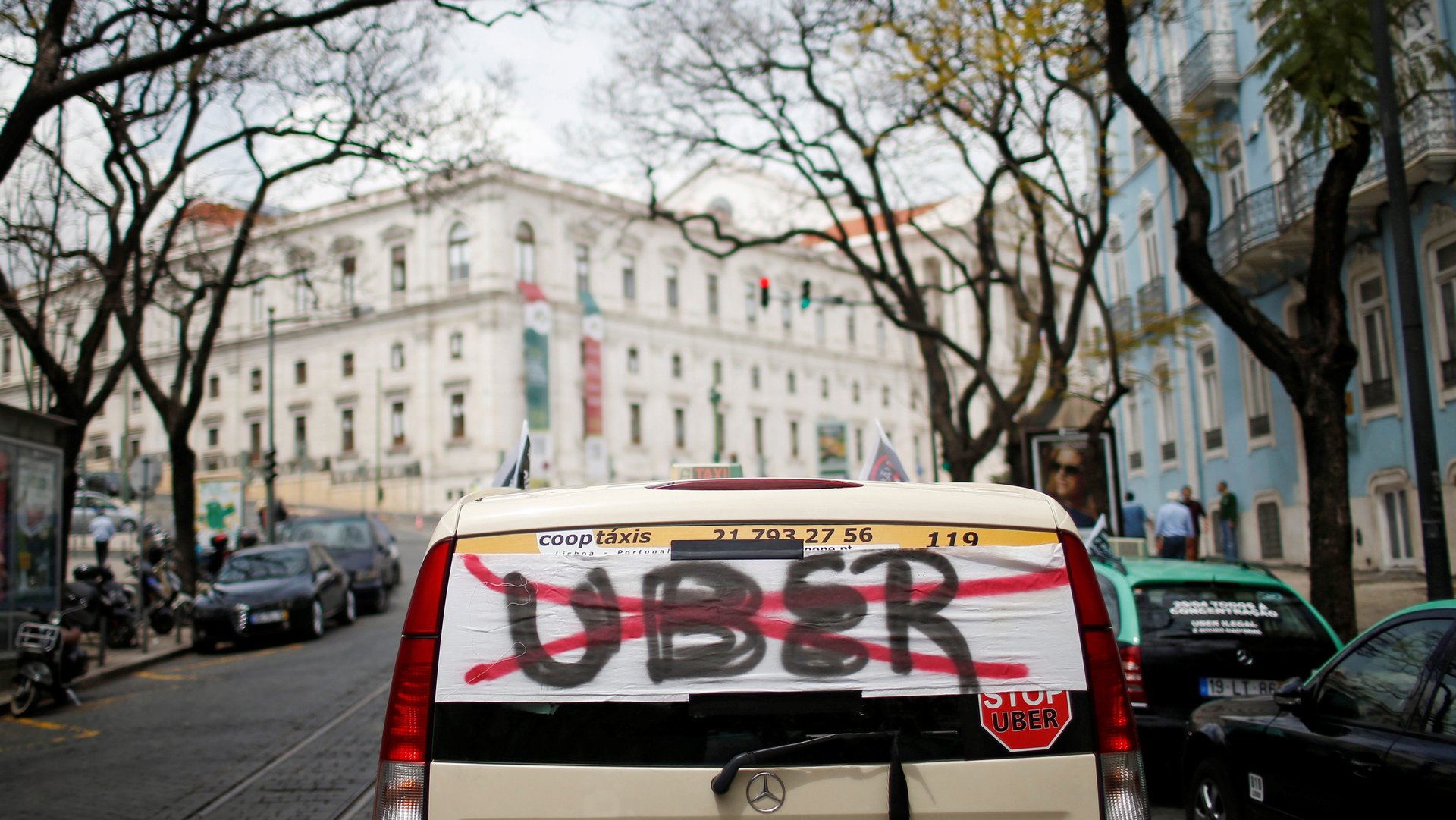Uber is getting out of Denmark
Sometimes Uber can be a sore loser.


Sometimes Uber can be a sore loser.
The ride-hailing company on Tuesday (March 28) said it will stop providing service in Denmark as of April 18, citing “unworkable” changes to local taxi rules. Those changes, scheduled to take effect next year, cap new taxi driver licenses at 125 per quarter. They also require all cars to have fare meters, and restrict the types of cars that can be used for taxi-like purposes.
“Due to the upcoming changes in regulations, we have been left with no choice but to close the service,” Uber spokesperson Harry Porter wrote in an emailed statement. Porter said the company has 2,000 Danish drivers and 300,000 Danish riders.
Regulation woes have led Uber to pull out of certain cities in the past. The company hasn’t operated in Austin, Texas, since losing a referendum on the city’s strict ride-hailing rules last May. In another Texas city, San Antonio, Uber used the resign-in-protest tactic to greater effect: Legislators softened up after the company suspended service for a few months. The company has also run into trouble in New York, Seattle, and Las Vegas, among others.
But Denmark is one of few countries Uber has abandoned over regulatory barriers. In a handful of European countries—Sweden, France, and Germany—Uber previously halted service of UberPop, which is comparable to UberX in the US. It pulled out of Taiwan earlier this year after racking up about $10 million in fines. Uber also exited China last summer after selling its money-losing business to local rival Didi Chuxing.
Uber has long had problems in Europe, home to entrenched taxi lobbies and strong worker protections. In London, a lawyer recently took the first step to sue Uber and demand that the company pay the UK’s 20% value added tax on every ride. In Spain, Uber has sparked vehement protests. In France, a Paris court last summer found Uber guilty of operating an illegal rides service and fined it €800,000 (today, about $870,000). Uber executives in France even briefly faced the possibility of jail time.
Ironically, Denmark’s government looked poised to deregulate the taxi industry just a few months ago. Its choice to instead tighten taxi protections, and Uber’s decision to bow out, marks the latest blow for a company that is also struggling with a host of scandals, a decline in popularity, and a steady loss of top talent.